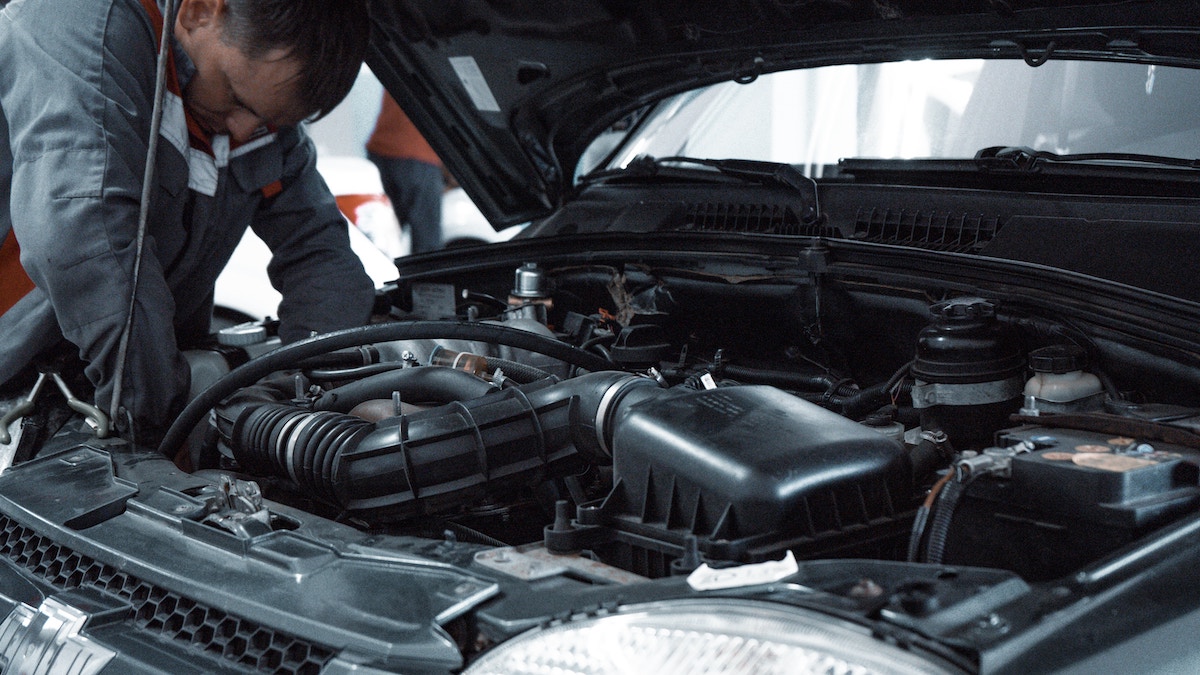Is It Worth Repairing Your Car After a Major Crash?

Automobile accidents are unfortunate events that can leave us feeling overwhelmed, stressed, and unsure of what to do next. After the initial shock subsides, a crucial decision often looms: Should you repair your car after a major crash or is it time to bid farewell to your trusted vehicle? It's a decision that involves a complex interplay of financial, emotional, and practical considerations. In this blog post, we'll delve into the various factors you should consider when faced with this dilemma, helping you make an informed choice that aligns with your needs and circumstances.
Assessing the Extent of Damage
Before making any decisions, it's important to assess the extent of the damage your car sustained in the crash. While some damages might be purely cosmetic, others can compromise the structural integrity and safety of the vehicle. Consulting a professional mechanic to conduct a thorough inspection is the first step in determining whether repairing your car is a viable option. An experienced mechanic can provide an estimate of the repair costs and advise you on the feasibility of restoring your vehicle to its pre-crash condition.
Calculating the Value of the Vehicle
One of the pivotal aspects influencing your decision is the current value of your car. If your car is relatively new and has a high market value, repairing it might be a viable option. On the other hand, if your vehicle is older and has already experienced significant wear and tear, repairing it could potentially outweigh its value. A helpful tool in this process is a junk car calculator, which takes into account the make, model, year, condition, and potential repair costs of your car. This tool can provide you with a rough estimate of whether repairing or replacing your car makes more financial sense.
Insurance Considerations
If your car was involved in a crash, you'll likely be dealing with your insurance company. The extent of coverage your insurance policy provides can play a pivotal role in your decision-making process. If the repair costs are significantly covered by your insurance, it might make repairing the car a more attractive option. However, if you're faced with high deductibles or limited coverage, it might prompt you to lean towards replacing the vehicle instead.
Emotional Attachment
Cars often hold sentimental value in our lives. If you've had your car for a long time or have created cherished memories with it, the emotional attachment can influence your decision. Sometimes, the bond with a car goes beyond its monetary value, and the idea of parting with it can be difficult. In such cases, even if the repair costs are substantial, repairing the car might be the choice that resonates with you the most.
Long-Term vs. Short-Term Financial Considerations
When grappling with the decision of whether to repair your car after a major crash, it's essential to strike a balance between long-term and short-term financial considerations. While the immediate cost of repairs might give you pause, taking a broader view can lead to a more informed decision. Repairing your car could involve a substantial upfront investment, but if those repairs extend the vehicle's lifespan significantly, they might prove financially prudent in the long run. Consider the potential costs of purchasing a new car – not just the sticker price, but also factors like insurance premiums, taxes, and registration fees. If the repaired car can continue to serve you reliably for several more years, the cumulative savings can outweigh the initial repair expenses. On the other hand, if your car is nearing the end of its expected life span, funneling funds into extensive repairs might not be financially responsible. Balancing immediate financial impact with the potential for long-term savings is a critical aspect of making the best decision for your circumstances.
Safety and Reliability
Safety and reliability are two critical pillars that underpin the decision-making process when it comes to repairing a car after a major crash. Ensuring the safety of yourself, your passengers, and other road users is of paramount importance. A repaired car should not only regain its pre-crash appearance but should also have all safety features and mechanisms fully restored to their original functionality. This includes airbags, seat belts, anti-lock braking systems, and more. A vehicle compromised in its safety aspects could lead to grave consequences in the event of another accident. Moreover, reliability comes hand in hand with safety.
A repaired car must be dependable on the road, with all its mechanical and electrical components functioning optimally. Reliability extends beyond preventing breakdowns; it involves feeling confident that your vehicle will respond as expected in various driving conditions. Ultimately, safety and reliability are non-negotiable factors that should guide the decision to repair a car after a major crash, ensuring your peace of mind and the well-being of everyone on the road.
Environmental Impact

Considering the environmental impact is an increasingly important aspect when deciding whether to repair your car after a major crash. Our planet is facing environmental challenges, and every individual's choices contribute to the overall sustainability of our world. Opting to repair your vehicle rather than replace it can have positive implications for the environment. When you repair your car, you're essentially extending its lifespan, which means fewer new cars need to be manufactured. This reduction in manufacturing demand helps conserve valuable resources like raw materials, energy, and water, while also minimizing the emissions and pollution associated with the production process. Additionally, by keeping your car on the road for a longer period, you're effectively delaying its eventual disposal, reducing the environmental impact of disposing of a vehicle and its components. Making environmentally conscious choices, such as repairing your car, can play a small yet significant role in the broader effort to create a more sustainable future for generations to come.
Deciding whether to repair your car after a major crash is a multi-faceted process that requires careful consideration of financial, emotional, and practical factors. The decision hinges on the extent of damage, the value of the vehicle, insurance coverage, your emotional attachment, long-term financial implications, safety considerations, and even the environmental impact. While tools like a junk car calculator can help provide a financial perspective, the ultimate choice is personal and should align with your priorities and circumstances. Whether you choose to repair or replace your car, remember that safety, reliability, and peace of mind should guide your decision-making process.



